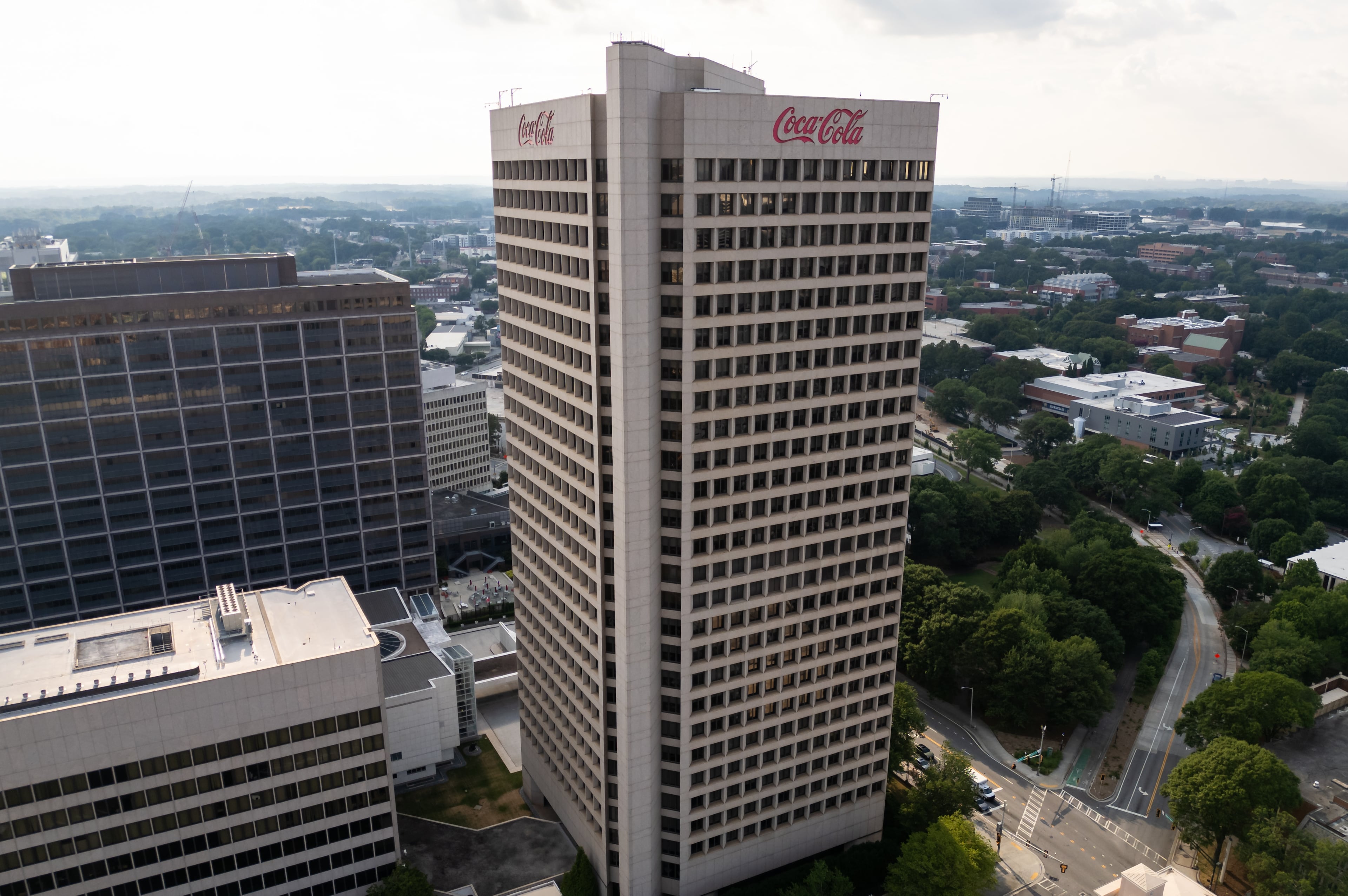Georgia bids to land SpaceX base in Camden County
Staff writer Greg Bluestein contributed to this article.
SPACEX AT A GLANCE
— Elon Musk, the billionaire who started SpaceX in 2002, co-founded PayPal. He also owns electric car maker Tesla Motors.
— Headquartered near Los Angeles, SpaceX designs, builds and launches rockets and other spacecraft. The privately held company employs 3,000 people in California, Texas, Florida and Washington, D.C.
— The company has a $1.6 billion NASA contract to run a dozen resupply missions to the International Space Station. Another $440 million NASA contract will allow SpaceX to modify its rockets for astronauts. The company has commitments for 50 launches worth $4 billion, according to its website.
— Musk, born in South Africa, hopes “to revolutionize space transportation, with the ultimate goal of enabling people to live on other planets.”
Georgia is making a late-to-the-game push to land SpaceX — a rocketship company that delivers cargo to the International Space Station — as the first tenant of a proposed “spaceport” in coastal Camden County.
The site is one of three under consideration, according to company and economic development officials, for a project that could almost overnight create a commercial space industry in Georgia. SpaceX would launch rockets from the complex and could build them there as well.
Texas, already home to a SpaceX test facility and offering a more developed incentives package, is the frontrunner, according to company executives. Florida, home to Cape Canaveral, where SpaceX currently launches payloads, is also a candidate for the minimum 200-job project.
Last Friday, Gov. Nathan Deal pitched Georgia and its 4,000-acre site to SpaceX founder and noted entrepreneur Elon Musk. State and local economic development officials are considering possible inducements — free land, job-creation incentives, equipment and machinery tax breaks, workforce training — to persuade Musk.
Musk said recently a decision will come by year’s end.
“There’s still a window for Georgia to make its case, but I don’t think the window will be open forever,” said Robert Braun, a professor of space technology at Georgia Tech and a former chief technologist for NASA. “With the retirement of the Space Shuttle there’s now a growing market for commercial space transportation. (And) a spaceport isn’t just about launchings. It’s about bringing other industries into Georgia too.”
Even if SpaceX locates elsewhere, the development of an airport for rocket ships along the coast is the ultimate objective of Braun and other members of the Georgia Space Working Group. The public-private group, established two years ago, seeks to attract space industry companies to Georgia.
Space exploration is a $290 billion a year global business and seven other states, including Texas, Florida and Virginia, are home to space ports.
Dreams of a private space industry — Musk wants to put a man on Mars — have long gripped the American psyche and now seem tantalyzingly close to reality.
NASA shut down its space shuttle program two years ago and turned over resupply of the Space Station to SpaceX, which won a $1.6 billion contract to deliver a dozen payloads to the orbiting science project. The company’s Dragon cargo capsule splashed down Tuesday in the Pacific Ocean, its third successful round-trip mission.
Commercial satellite companies are also searching for launch sites. And suborbital space tourism will need launch pads and passenger centers as well.
“We’ve got commercial space company people telling us we’ve got the best launch location on the East Coast and, if you develop it right, it could be the best site in the country and world,” said Bob Scaringe, chairman of the space working group. “There’s a tremendous opportunity for the state to attract employers in the space industry.”
The Camden County site is near the Intracoastal Waterway and the north end of Cumberland Island. Swamp, marsh and thousands of largely undeveloped acres surround the site owned by the Union Carbide Corp. The ability to launch directly over the ocean appeals to companies sending highly combustible rockets into orbit.
The property, previously owned by a chemical and aeronautical company, comes with a 12,000-foot runway and a onetime rocket-engine testing facility. Barges carried rockets along the waterway and could again ferry rockets to Cape Canaveral or other launch sites. A rail line and Interstate 95 run nearby.
The location is better positioned than Texas for quick access to orbital and sub-orbital trajectories, Braun said. A purely commercial site, unlike federally controlled Cape Canaveral, would give SpaceX more control over launch schedules.
David Keating, executive director of the Camden County Joint Development Authority, which is shepherding the project, said officials are exploring liability issues, lining up Federal Aviation Administration permits and readying for an environmental impact study.
Site preparation and construction could run in the tens of millions of dollars. Spaceport America in New Mexico, a commercial launch site geared toward space tourism and payloads, cost $209 million.
SpaceX, also based in California, runs a rocket-testing facility near Waco, Texas which “led us to think we should probably have a launch site in Texas,” Musk told members of the Texas Appropriations Committee three weeks ago.
“We’re optimistic about making this work in Texas, in the Boca Chica area. It’s looking quite good,” he added. “I’m not sure it would occur, but Texas is probably our leading candidate right now.”
Even if SpaceX lands in Texas, several other companies have visited or expressed interest in the Camden site, according to economic development officials. They include XCOR Aerospace, a California-based rocket engine and space vehicle manufacturer.
“There is interest from aerospace companies and we’re exploring how this is doable and how to structure a deal,” Keating said Wednesday, adding that it could take two years before any final permit approval. “This would not be a speculative, build-it-and-they-will-come venture. There needs to be a company committed.”


